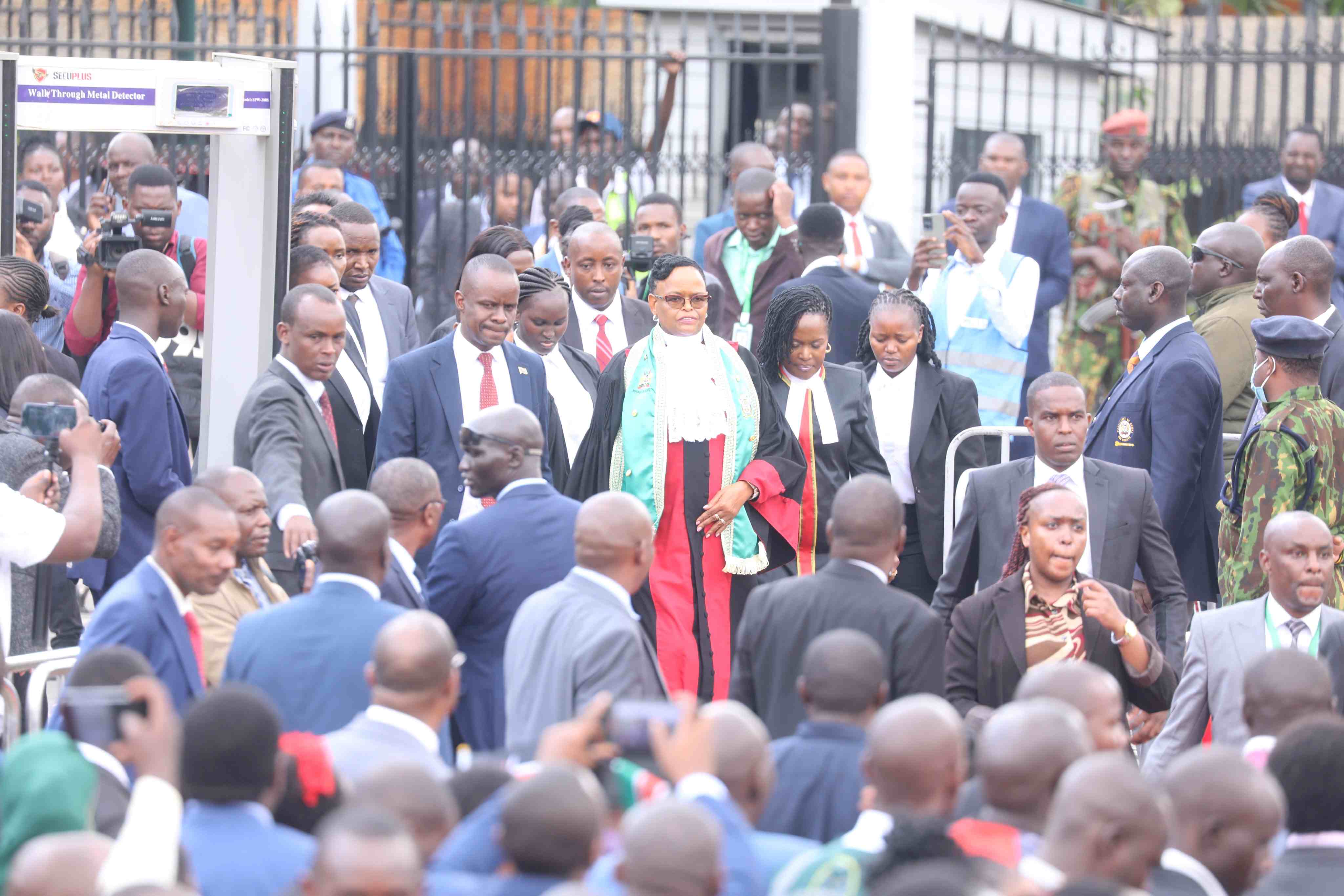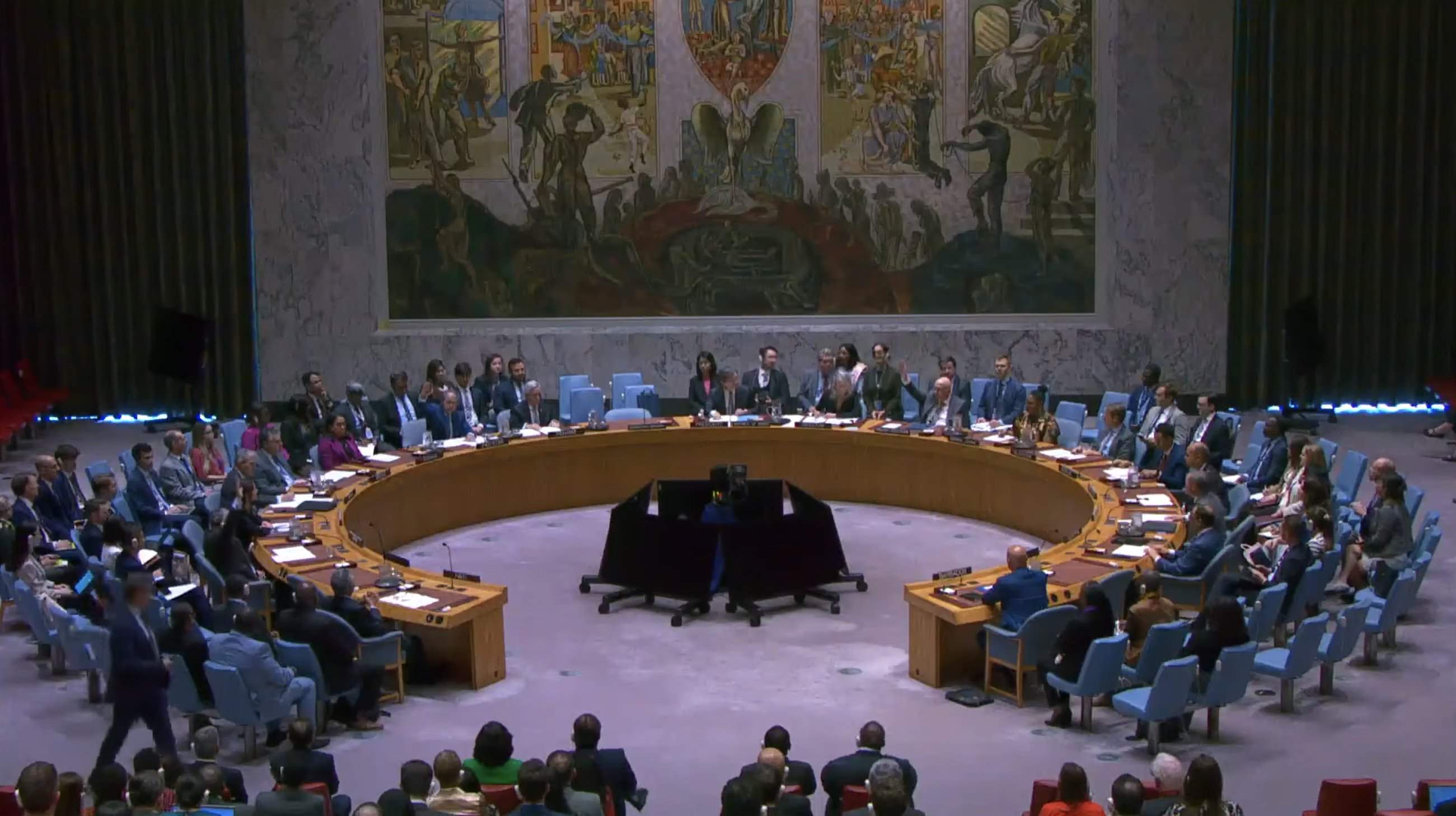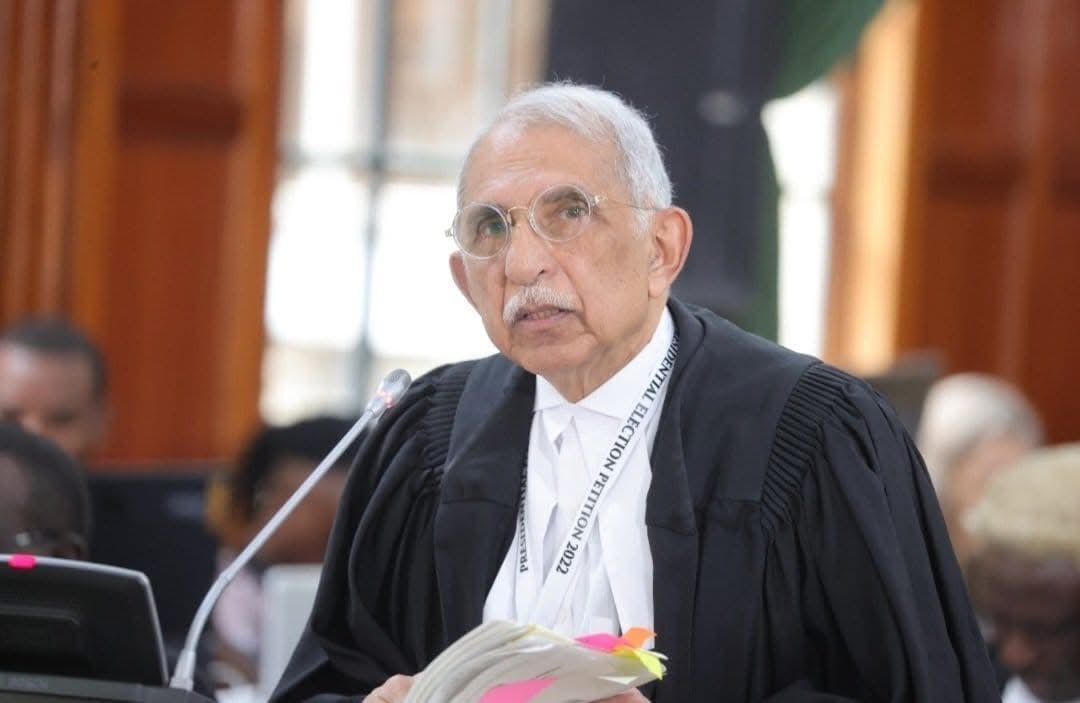Judiciary faces allegations of e-filing sabotage in petition linked to Gachagua

According to the petitioners, the e-filing system experienced a sudden breakdown on October 18, the same day the National Assembly voted to confirm Prof. Kithure Kindiki as Deputy President nominee.
Three petitioners have raised concerns with the Judiciary, alleging interference with the court's e-filing system in a case involving impeached Deputy President Rigathi Gachagua.
The complaint, filed by Miruru Waweru, Andrew Njoroge, and Mutonga Kamau, claims that disruptions to the e-filing payment system aimed to obstruct their petition, identified as E568 of 2024 in the case involving former Deputy President Rigathi Gachagua.
More To Read
- High Court bench dismisses bid to disqualify judges from DP Kindiki appointment case
- Petitioner seeks recusal of judges in Gachagua's impeachment case over alleged bias
- Gachagua declares 2027 presidential bid, dismisses impeachment concerns
- Gachagua declines to provide details on alleged Ruto-Al-Shabaab meetings, insists matter is under US investigation
- Gachagua reveals ministries, reforms he negotiated with Ruto for 2022 votes
- Police ready to handle potential unrest as Gachagua returns from US, Murkomen assures
According to the petitioners, the e-filing system experienced a sudden breakdown on October 18, the same day the National Assembly voted to confirm Prof. Kithure Kindiki as Deputy President nominee, replacing Dr. Ruto's initial endorsement.
The alleged system failure included an unauthorised refund that prevented the petition from moving forward in court, which, they argue, undermined their effort to halt the House's proceedings.
The petitioners assert that these technical issues were "intentionally orchestrated with intent to defeat justice," effectively barring a judge from reviewing the case in time.
The complaint letter, dated October 30 and addressed to Chief Registrar Wilbroda Bonaya and Chief Justice Martha Koome, describes how, at 9.01 a.m. on October 18, an auto-refund occurred—marking, they allege, the first such incident since the introduction of Safaricom’s M-Pesa paybill services in Kenya.
Deliberate attempt
“It is our view that the systems were malfunctioning in a deliberate attempt to block our petition from being placed before a judge in time to affect the approval proceedings,” reads the petition.
The letter questions how a reversal involving Safaricom, the court, and Kenya Commercial Bank could be triggered without the payee’s consent, a move they argue appeared to be a deliberate obstruction.
After multiple attempts to complete payment, petitioner Waweru says he eventually contacted Safaricom customer service, who advised an alternative payment method through “334#.”
Despite successfully making the payment, he said it failed to register in the court’s portal and was later auto-refunded.
The petitioners explain that they attempted again at 9.20 a.m., only for the system to generate a receipt timestamped 10 minutes earlier, which they claim is highly suspicious.
Their case was ultimately brought before a judge at 2.00 p.m., after the National Assembly’s decision had already been finalised, making their request for stay orders ineffectual.
They have since sought clarity on five key issues, questioning the reason behind the refund, the decision to reject the petition, the refund’s authorisation, and the unexplained discrepancies in receipt timestamps.
Their concerns have drawn support from an advocate in Nairobi who criticised the e-filing system as unreliable and frequently unavailable, particularly during daytime hours, calling it a “significant barrier to justice.”
Top Stories Today
















































